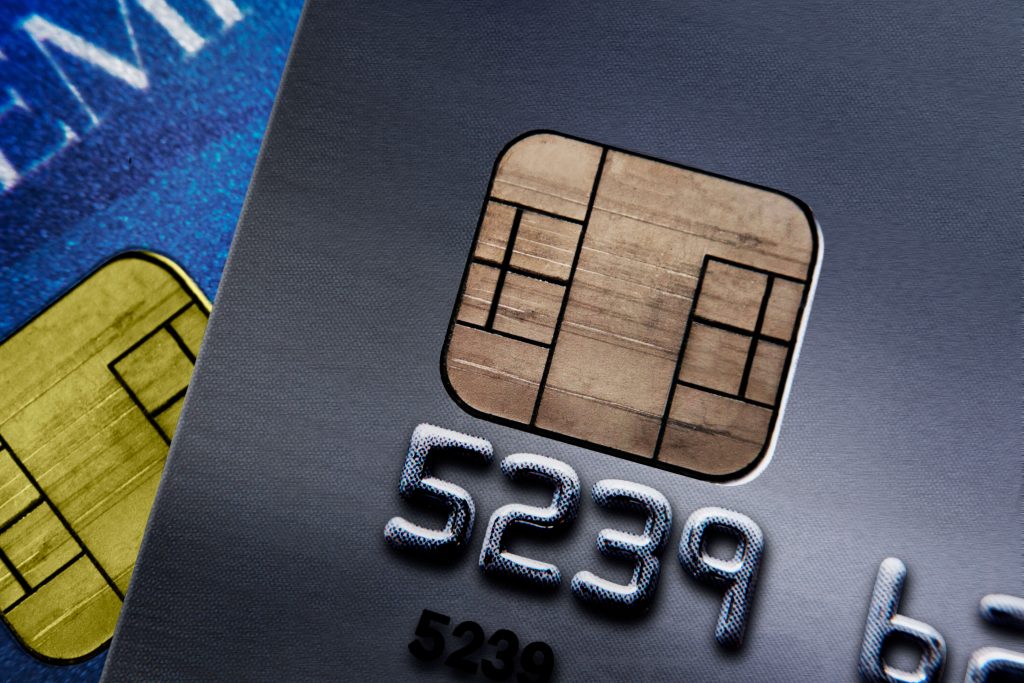
Credit cards can be a great financial management tool, and they can also be useful for credit-building. Becoming familiar with how they work before applying for one can help you to get the most out of your new card and can even help you to boost your credit score.
What should you know before you take out a credit card? Understanding the terms of the card you’re applying for is a crucial first step. Each card sets out its own terms and conditions, which may include additional charges and an interest-free period.
But what else should you know about credit cards before applying for one?
Let’s take a look at six things that you need to consider before you apply.
1. Interest Isn’t Payable Immediately
If you pay off your credit card balance in full each month, then in most cases, you won’t be charged interest. Interest isn’t payable on credit card purchases until your next billing cycle. It’s important to ensure that you pay off your balance every month so that interest doesn’t accumulate and you don’t end up owing more than you borrowed.
2. It’s Important to Know Your Credit Score
Credit reference agencies (CRAs) gather your information to create reports on your borrowing history, the accounts you own, and personal details like your address. You can find out your credit score if you visit the site of a CRA such as Experian or Equifax and enter your information to see where your score is currently sitting. Some agencies even show you what financial products you’d be eligible for with your current score.
What does a good credit score look like? Usually it’s a numbers based system and in most cases, the higher your number the better. If your score is low, don’t worry. There are credit card options out there that are designed for poor credit.
3. Lenders Carry Out “Hard Checks”
Your credit score can be impacted by many things, including how many hard checks lenders have performed on your file. Every time you apply for credit, the lender searches your history to ensure you’re eligible for their product. That’s known as a hard check and these, along with whether you were accepted or declined, can often show on your file. If you have several hard checks in a row in your credit history, lenders may see this as a risk and may be less inclined to accept you.
4. Checking Your Eligibility Is Important
Many credit companies offer eligibility calculators so you can see how likely they are to accept you before you apply. With this approach, you can decide if you should apply or if you should check out other products instead. This means fewer hard checks on your credit file and a better chance of being accepted for the first card you apply for. It’s a great way to save your time and credit score.
5. You Can Take Steps to Boost Your Eligibility
If you’ve found a product that you’d like but you’re not quite eligible for it yet, you might want to look at boosting your credit score to meet the eligibility criteria.
Here are some simple steps you can take to help improve your score and chances of approval:
- Make sure you’re on the electoral roll.
- Ensure all accounts have your current address.
- Pay all of your bills on time.
- Having a bank account, ideally with an overdraft could help.
- Check out credit-builder credit cards, which can boost your score when used responsibly.
6. Withdrawing Cash May Damage Your Credit Score
Many people aren’t aware that withdrawing cash with their credit card can be costly. Also known as cash advances, this typically costs a lot more than simply using your credit card for purchases. That’s because when you take cash out, interest is added straight away. This means if you have a credit card with a 0% introductory offer, cash advances are usually excluded from this promotional rate, so you’ll pay the usual interest rate. In most cases, there are also additional fees for cash advances as well. Frequent cash withdrawals may also damage your credit score as each cash withdrawal goes on your credit file. Multiple withdrawals can indicate to lenders that you may be struggling and relying heavily on credit.
With these six tips, you can increase your chances of being accepted for your chosen credit card and get yourself off to a great start when it comes to using it responsibly. The more informed you are, the better it will be for both your credit score and finances.
*Source: https://www.equifax.co.uk/resources/loans-and-credit/what-is-a-cash-advance.html









